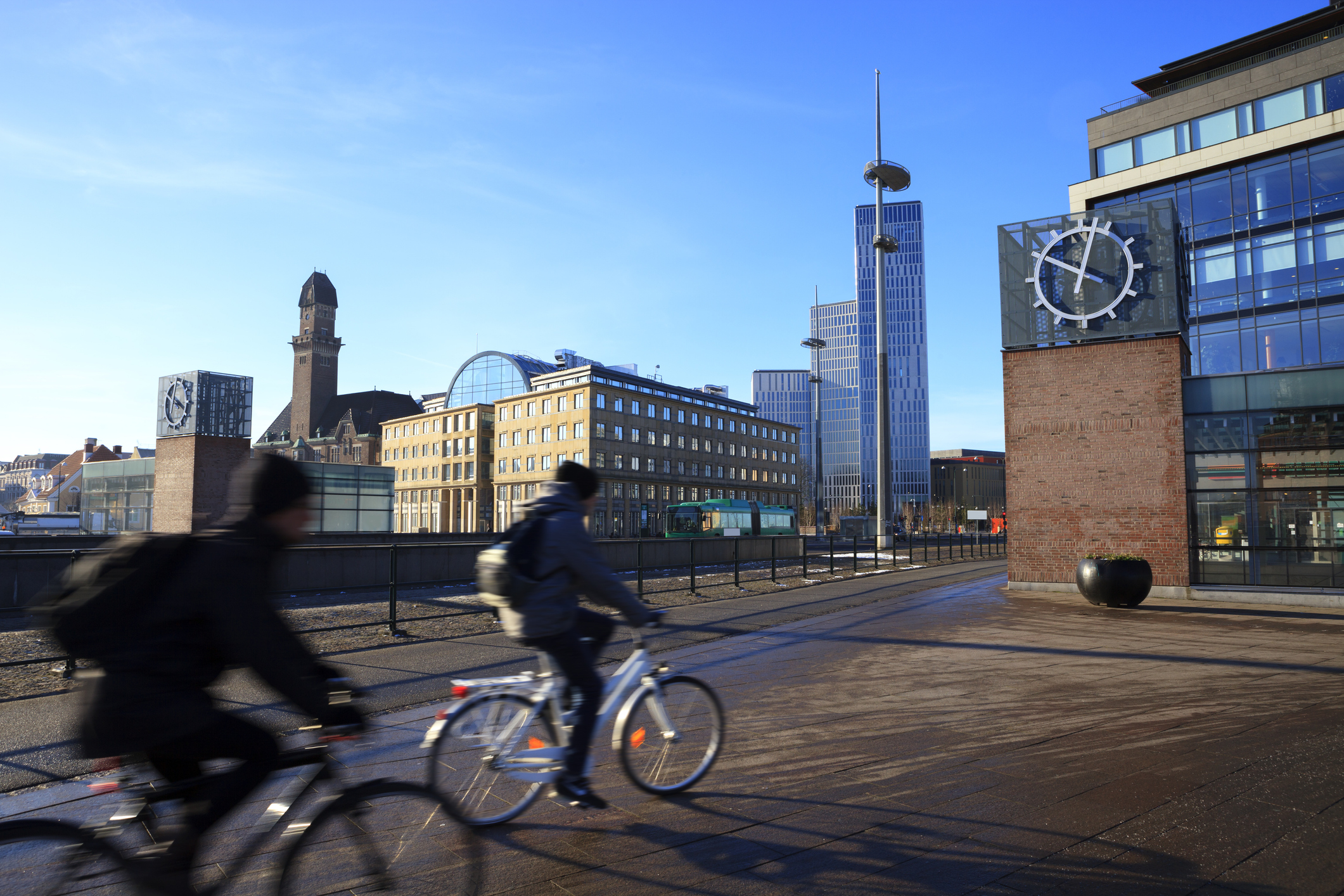
Traffic measurements play a crucial role in the city of Malmö’s efforts to improve the quality of life for its residents, visitors, and workers. Since 2021, Sensebit has conducted traffic measurements to help Malmö monitor traffic trends and evaluate the impact of various traffic measures, eventually contributing to a more sustainable city.
The City of Malmö has a traffic and mobility plan that aims to create a progressive and holistic traffic environment, with a focus on environmental improvements. This includes increasing walking and cycling by improving infrastructure along key routes. To gather comparable data, Sensebit conducted two measurements during the project – before and after street reconstructions – to provide a complete picture of bicycle and pedestrian traffic volumes and evaluate the impact on air quality and CO2 emissions.

Measurements conducted with VISION
VISION by Sensebit provided data on road traffic and transportation modes, producing visualized analytics through TrafficWeb. During the measurement period, Sensebit recorded measurements of 172,000 cyclists and 96,000 pedestrians to show commuting trends of different transportation modes. The reports revealed changing trends and recorded a 10% increase in bicycle crossings during rush hours, highlighting a positive shift toward sustainable mobility trends.
Car-to-bicycle commute conversion reduced carbon emissions by ~9 tonnes in 2023.
Total bicycle crossings increased from approximately 91,000 to 100,400 between 2021 and 2023 (+10%).
The results encouraged Malmö to continue its efforts to improve the infrastructure for bicycles and pedestrians. Learn more about their sustainable city initiatives: https://malmo.se/Welcome-to-Malmo/Sustainable-Malmo.html
